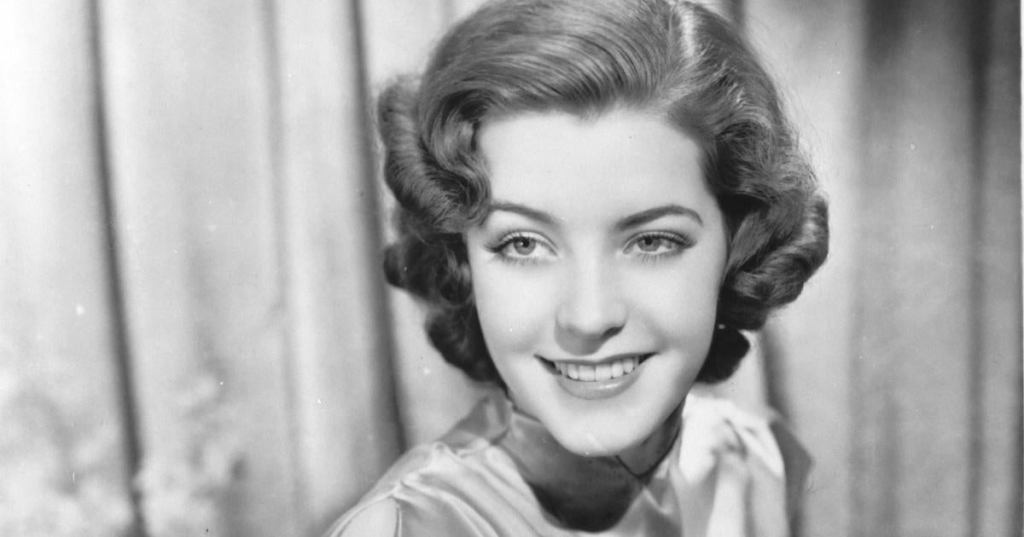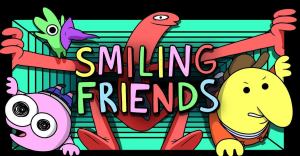Marsha Hunt, one of the last surviving links to Classic Hollywood, died on Sept. 7. She was 104. Hunt began her film career in 1935 and worked steadily until she was blacklisted in 1950 during the McCarthy era. She appeared in many important films during her career, including the 1940 adaptation of Pride and Prejudice with Laurence Olivier and the heartbreaking 1943 Mickey Rooney film The Human Comedy.
Hunt died at her home in Sherman Oaks, California, documentary filmmaker Roger Memos said, reports the Associated Press. Memos directed the 2015 documentary on Hunt’s life, Marsha Hunt’s Sweet Adversity.
Videos by PopCulture.com

Hunt was born on Oct. 17, 1917, in Chicago. After her family moved to New York City, she became a successful model. In June 1935, at 17, Hunt scored a seven-year contract with Paramount Pictures and she was quickly cast in The Virginia Judge. In 1937, she starred in Born to the West with John Wayne. Hunt’s Paramount movies saw her playing ingenue roles, and her contract was terminated in 1938.
After a brief return to New York, Hunt was signed to MGM and earned a supporting role in 1939’s The Glamour Girls with Lana Turner. In 1940, she won a supporting role in Pride and Prejudice, which starred Olivier as Darcy and Greer Garson as Elizabeth Bennet. Hunt’s other MGM movies include Blossoms in the Dust (1941), Panama Hattie (1942), Seven Sweethearts (1942), Cry ‘Havoc’ (1943), The Human Comedy (1943), and The Valley of Decision (1945). Hunt almost starred in Gone with the Wind. In 2015, she told Film Talk she was cast as Melanie, the role that went to Olivia de Havilland.
Hunt continued starring in films throughout the 1940s, including Smash-Up, The Story of a Woman (1947), and Raw Deal (1948). However, her career came to a halt in 1950 thanks to the blacklist and her suspected connection to Hollywood communists. In 1947, she joined the Committee for the First Amendment and flew to Washington with Humphrey Bogart, Lauren Bacall, John Huston, and others to protest the House Committee on Unamerican Activities. When they returned to Hollywood, they were asked to recant their support, but Hunt refused. In 1950, her name was included on a list of possible Communists or Communist sympathizers in Red Channels. She only made a handful of films for the rest of the 1950s and turned to television for work.
“I was never interested in communism. I was very much interested in my industry, my country, and my government,” Hunt told Film Talk in 2015. “But I was shocked at the behavior of my government and its mistreatment of my industry. And so I spoke out and protested like everyone else on that flight. But then I was told, once I was blacklisted, ‘You see, you were an articulate liberal.’ And that was bad.” She later noted that it was still legal to be a communist, but, “you lost your career, your good name, your savings, probably your marriage, your friends… if you had been a communist. It was appalling, just appalling.”
Hunt’s time outside of Hollywood also gave her the opportunity to explore her other interests. In 1955, she took a trip around the world, which inspired her to work with the United Nations and Freedom From Hunger. She also established a refuge for the homeless in Sherman Oaks.
As the blacklist began to crumble, Hunt was cast in a few more films. In 1959, she starred in the underrated 20th Century Fox film Blue Demin, which covers teenage pregnancy and abortion and featured a score by Bernard Herrmann. After The Plunderers, Hunt went into semi-retirement in 1960, but she continued acting on television and on the stage. She also appeared in a handful of other movies. In 1988, she starred in the Star Trek: The Next Generation episode “Too Short a Season.” In 1993, she published The Way We Wore: Styles of the 1930s and ’40s and Our World Since Then.
Hunt was married twice. In 1938, she married Paramount editor/director Jerry Hopper, and they divorced in 1943. In 1946, she married writer Robert Presnell Jr. They remained together until his death in 1986.
In her later years, Hunt often spoke about her experience as one of the last surviving Blacklist victims. She hoped to remind people that such a terrible situation could happen again. “Many younger people know little about the Hollywood blacklist,” she told BBC News in 2020. “Sometimes I’m asked if it could ever happen again. I hope America learned from what happened all those years ago. But how can you ever be sure?”








